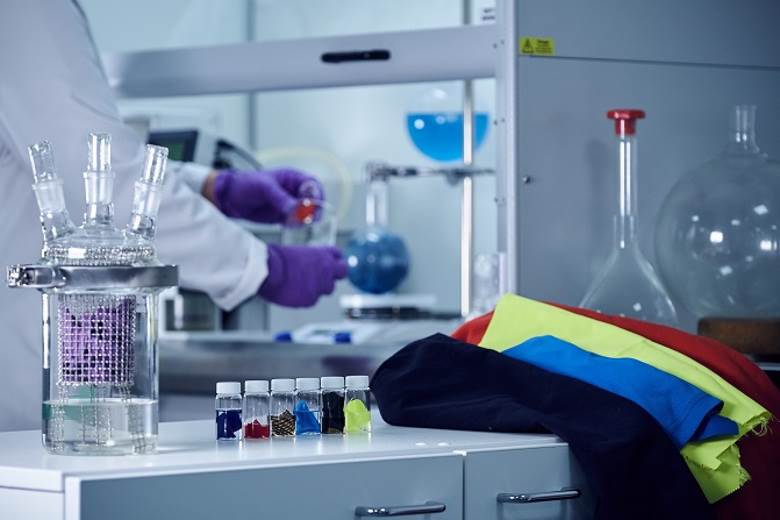Worn Again “cracks the code” on textile recycling
18/07/2018

The company was founded in London in 2005 with the aim of enabling the circularity of raw materials. It has had the support of major brands such as H&M and Puma while developing this project.
After six years of intensive research, Worn Again has said it is ready to come out of the laboratory and bring its patented technology to market. The process it has developed is capable of separating, decontaminating and extracting polyester polymers and cellulose (from cotton) from non-reusable textiles, as well as from plastic bottles and packing. This material can then be used to make new products.
At the time of the announcement, Cyndi Rhodes, CEO of Worn Again Technologies, said: “There are enough textiles and plastic bottles ‘above ground’ and in circulation today to meet our annual demand for raw materials to make new clothing and textiles. With our dual polymer recycling technology, there will be no need to use virgin oil by-products to make new polyester and the industry will be able to radically decrease the amount of virgin cotton going into clothing by displacing it with new cellulose fibres recaptured from existing clothing.”
The company has said that the benefit of its technology is that as well as being able to separate both polyester and cotton, it also produces two end products that are comparable in quality to virgin resources and competitive in terms of price.
Worn Again Technologies’ chief scientific officer, Dr Adam Walker, adds: “The solution to the world’s plastics problem is not to stop using plastic altogether. We have a solution to address the burgeoning need for recycling non-rewearable textiles and plastics and we’ve been clamouring to get on with it for many years. This investment, combined with the increasing geopolitical awareness of the need for this technology, is enabling us to push through the scale-up and validation work to reach the market on an accelerated timescale.”
Fashion retailer H&M was the initial “catalyst" for the investment, but it has since been joined in this project by Swiss chemical engineering company Sulzer Chemtech; Mexican garment manufacturer Himes Corporation; US textile producer Directex; and innovation platform Future Tech Lab.
Worn Again has said this combined investment and support enables the “optimisation phase” of the technology in the laboratory, as well as industrial trials, scaling and designing of the industrial process with Sulzer Chemtech. Once these steps are finalised, the technology will be ready for commercialisation. It plans to launch the first industrial demonstration plant in 2021.










